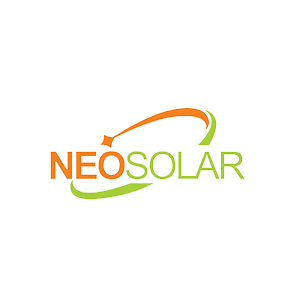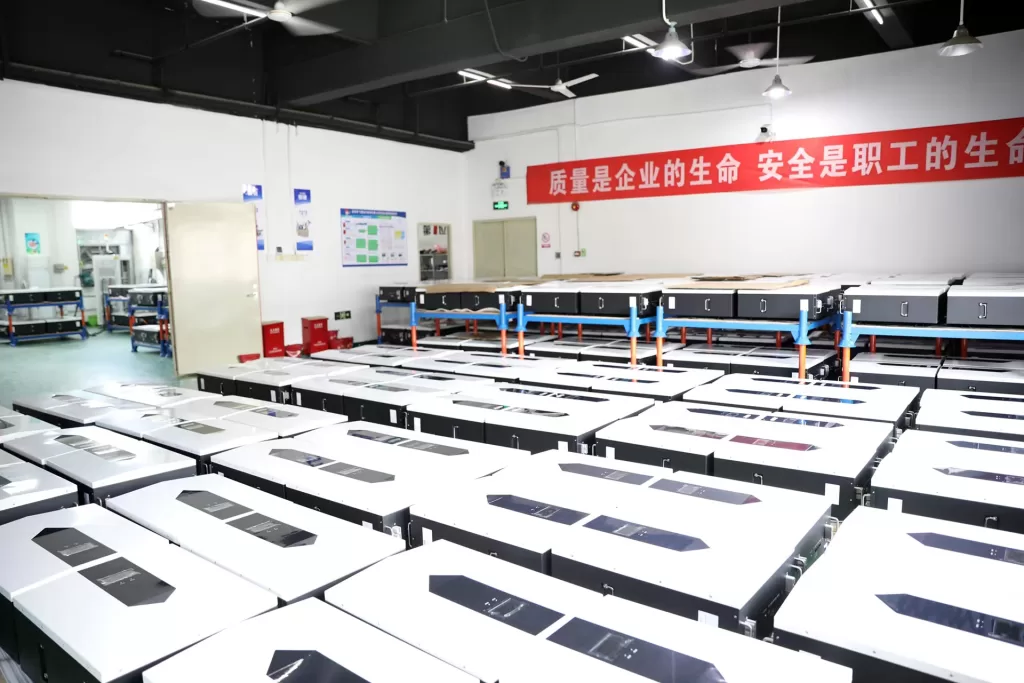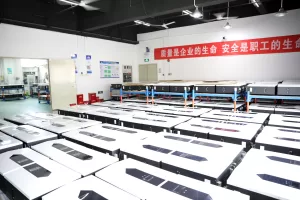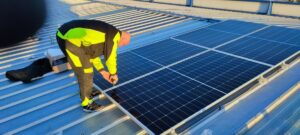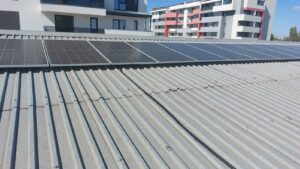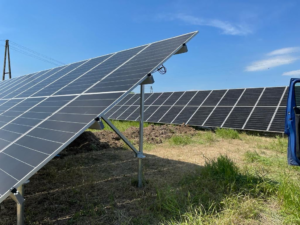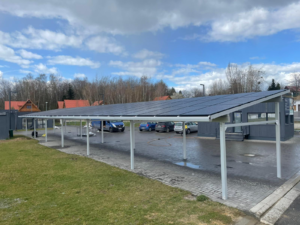Germany:
Tax exemption and refund: According to the 2022 Annual Tax Law approved by the German government, starting from 2023, Germany will exempt income tax and corresponding value-added tax for eligible rooftopphotovoltaic systems
Exemption from income tax on power generation income (personal income tax in Germany was 14% -45% in 2022): a) Starting from January 2023, photovoltaic systems with a capacity of no more than 30kw operating on the roof of single household residential and commercial properties are exempt from income tax on power generation income; b) For multi family connected buildings, the maximum tax-free capacity of each building unit is 15kw, and the maximum tax-free capacity under each taxpayer’s name is 100kw.
The purchase of household light storage systems is exempt from value-added tax (approximately 19%): the import, purchase, and installation of small rooftop photovoltaic systems and energy storage systems are all exempt from value-added tax.
increase in surplus grid electricity prices: On July 7 , 2022, the German Bundestag revised the Renewable Energy Act (EEG 2023)
As of July 2022, the partial grid connected electricity price for household photovoltaic systems below 10kWp is 6.24 euro cents/kWh;
Starting from July 30, 2022, a part of the grid connected electricity price will be increased to 8.6 euro cents/kWh; b) If users choose to fully connect to the grid, there will be an additional subsidy of 4.8 euro cents/kWh on top of 8.6 euro cents/kWh, with a total remaining online electricity price of 13.4 euro cents/kWh.
Germany also has a capacity subsidy policy for photovoltaic systems , with some states directly providing funding subsidies based on the capacity of photovoltaic systems:
Bavaria: Provide a subsidy of 500 euros for each installed photovoltaic systems with a capacity of more than 3kWh, and an additional 100 euros for each additional 1kWh, up to a maximum of 3200 euros, and stipulate that the photovoltaic systems must be deployed in conjunction with solar power generation facilities;
Berlin: The “Energy Storage PLUS” program provides a subsidy of 300 euros per kW of energy storage matched with photovoltaic systems, with a maximum of 15000 euros;
Niedersachsen : Subsidies up to 40% of battery storage system costs;
Thuringia: The subsidy amount for photovoltaic systems equipment can reach 30%, the subsidy amount for energy storage facilities can reach 30%, and the maximum subsidy amount for a single project is 100000 euros. Projects with a total expenditure of less than 1000 euros will not be subsidized.
photovoltaic systems : For users who choose to connect all photovoltaic systems energy to the grid, additional subsidies will be provided on top of the basic grid connection electricity price. This is mainly to motivate users who do not have self use needs to install photovoltaic systems equipment on their roofs and integrate the generated electricity into the grid, in order to achieve the German government’s photovoltaic systems installation capacity planning as much as possible.
Financing support: The German government provides financing support for photovoltaic systems energy storage projects and introduces various low interest loans
The KfW Promotion Program 270 of the German Renaissance Credit Bank supports the construction, expansion, and purchase of renewable energy, including photovoltaic systems or energy storage systems. Energy storage systems can receive 2.3% interest rate loans that cover 100% of the acquisition cost.
At the electricity price level, reduce EEG costs
To ensure the competitiveness of Germany’s manufacturing industry internationally, industrial electricity prices in Germany can enjoy partial exemptions, mainly including EEG surcharges (based on annual electricity consumption of 24GWh), electricity taxes, transmission fees, and other surcharges. This reduction policy is mainly aimed at industrial users who have a high proportion of electricity bills and participate in international competition. By reducing electricity prices, industrial users can effectively reduce their electricity prices, and even reduce 95% of additional fees by fully utilizing this rule.
Cancel the Green Energy Surcharge (EEG Surcharge): Consumers pay 3.72 euros less per kilowatt of electricity.
